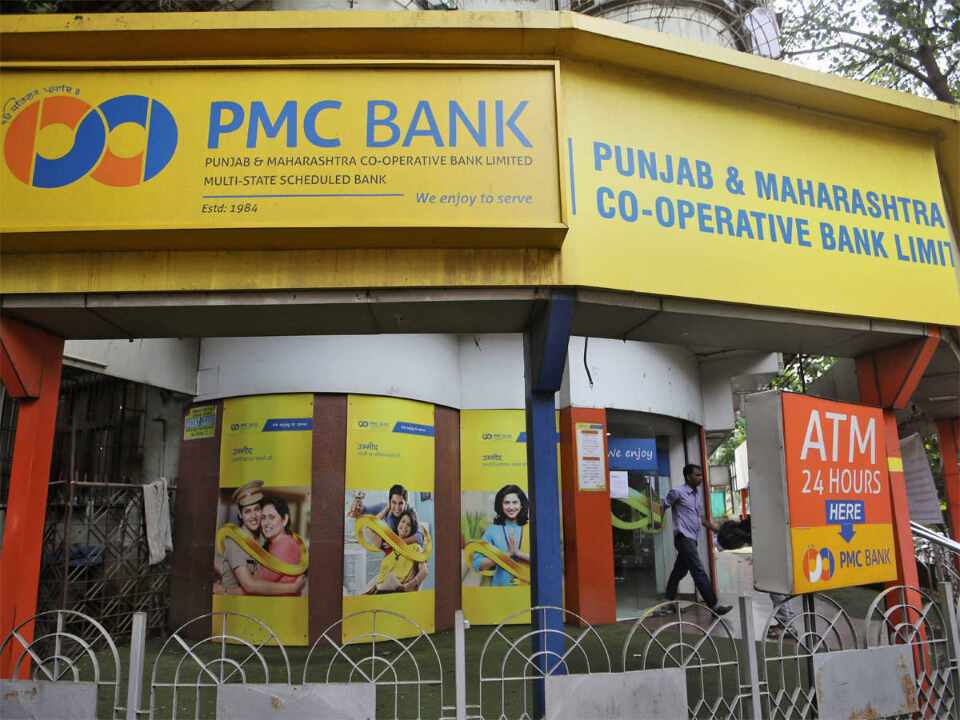A clear transgression?
Formation of the Ministry of Cooperation goes against the federalism principles — it allows the interference of Central government into a state subject; asserts Asis Chakraborty

Even after the passing of 74 years of independence, the cooperative sector remains overlooked. The Central government must be applauded for its decision to institute a separate ministry for the most disenfranchised sector – cooperative.
But, at the same time, some serious questions have been raised about the government's decision. What necessitates the institution of cooperation ministry at this point in time by hampering the federal structure of the country. Cooperative is enlisted as a state subject under the seventh schedule of the Indian Constitution. So, what is the motive of the government behind this attack on the federal structure through interference in a state subject? Is the total matter even lying in the safe hands?
The answer is no. This matter is not so straightforward. There are 1,482 urban and 58 multi-state cooperative banks in the country with 8.60 crore depositors, having total savings of close to Rs five lakh crore.
The intention of the government is evidenced from the fact that in the FY 2019-20, the Government of India had taken a record high surplus reserve of Rs 1,76,051 crore from the RBI — comprising Rs 1,23,414 crore of surplus from the year 2018-19 and Rs 52,637 crore of excess provisions identified under the revised Economic Capital Framework — after approving all the recommendations of the Bimal Jalan-led expert committee. The committee — technically known as the Expert Committee to Review the Extant Economic Capital Framework — was constituted to decide the size of capital reserves that the Central bank should hold. It had made several recommendations with regard to risk provisioning and surplus distribution. Very recently, on May 28, 2021, The Reserve Bank of India (RBI) decided to transfer a surplus of Rs 99,122 crore to the Central government. The decision was taken at the 589th meeting of the RBI's central board of directors.
The government has given huge loans to the people who have left the country and all that money is people's money; now they have an eye on this Rs five lakh crore of cooperative banks.
The Banking Regulation (Amendment) Bill, 2020 was passed in September last year to amend the Banking Regulation Act, 1949. The amended Act brought cooperative banks under close supervision of the RBI. Finance Minister Nirmala Sitharaman had noted at that time: "For the last two years, depositors of cooperative banks and small banks are facing problems. We are trying to bring this amendment in order to protect the depositors". Further, on May 24 this year, the Reserve Bank said it will consider the amalgamation of District Central Cooperative Banks (DCCBs) with State Cooperative Banks (SCBs), subject to various conditions, including that a proposal should be made by the concerned state government. The vital issue lies here. If these changes are made, the cooperative interest of the DCCBs may be hampered.
The fact remains that the RBI has not been able to avoid many bank failures even after regulating and taking complete supervision of them.
Bank failures have been an integral part of Indian financial history since the RBI came into existence on April 1, 1935.
From 1969 onwards, 36 private banks have been put under a moratorium in the public interest owing to mismanagement and have gone out of existence. Several of them were merged with healthy public sector banks. These things may happen to the cooperative banks also. As a result, maybe in the near future, the whole cooperative sector may lose its identity.
From this, it is clear that the RBI has not been able to avoid many bank failures even after regulating and taking complete supervision of them.
In the end, I wish that the Cooperative Ministry will look into problems of the nationwide cooperative sectors, especially the matter of housing cooperatives and help us reanimate the growth of the Indian economy from the root.
The writer is Chairman of WB State Cooperative Housing Federation. Views expressed are personal
(Image is representational)



